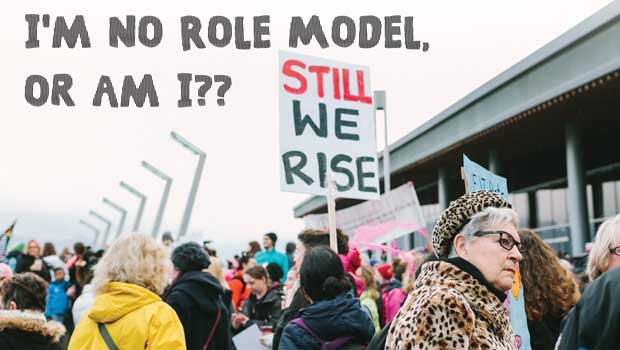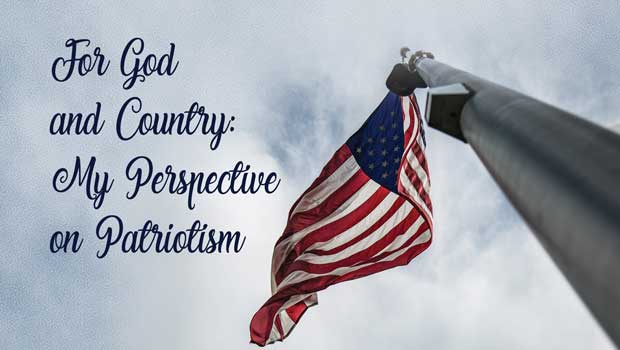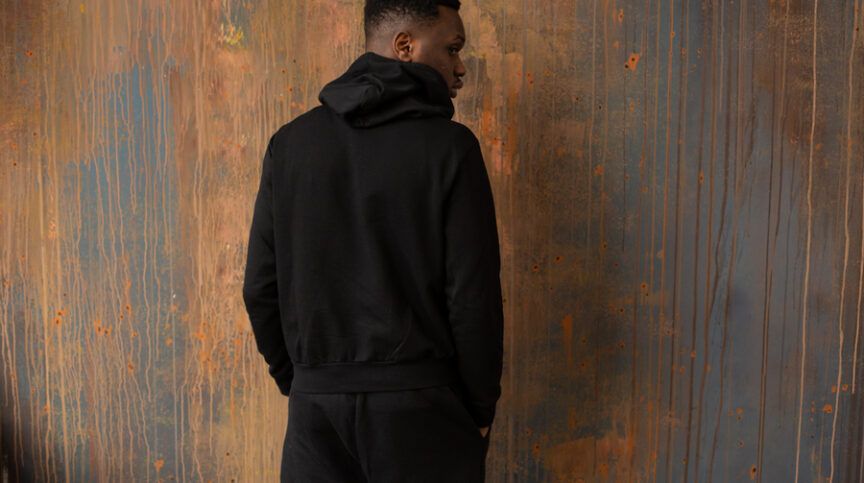We are currently living in a time of great social and political turmoil. It seems that every day another high-profile man in media, elected official, business executive, or someone connected to the sporting world is being accused of sexual assault. Huge corporations use their wealth to “buy” politicians, trying to get them to enact legislation in their favor. Corporations today spend roughly $2.6 billion a year in their lobbying efforts in Washington. . Elected officials too often act as if they are above the law, gun violence resulting in wholesale massacres has become too commonplace, and opioid, crack, and heroin addiction has reached epidemic proportions in our country.
Racial tensions and incivility are on the rise, and violence towards immigrants and religious minorities are occurring more frequently, seemingly condoned, if not encouraged, by President Trump’s public statements and tweets. Yet, even during this chaos, we are increasingly witnessing words and calls to action on social media that restore confidence in the basic goodness of our fellow citizens, Now more than ever, we are witnessing professional athletes and entertainers using their massive platforms to provide counter narratives to the prevailing views that dominate traditional news outlets.
This is not a new phenomenon. At the peak of her Hollywood career, actress Jane Fonda forcefully and emphatically expressed her opposition to the Vietnam War. Her actions were excoriated and her patriotism and loyalty to this nation questioned after she publicly supported the resistance efforts of the Vietcong. Harry Belafonte, a confidant and supporter of Dr. Martin Luther King, Jr. and the Civil Rights Movement of the 1960s-70s, organized Hollywood’s elite to attend and financially support the historic 1963 March on Washington. After mentoring generations of activists, Mr. Belafonte has only recently announced his “retirement” at the age of 90.However, it is critical to remember that regardless of the particular causes supported by athletes and entertainers, the qualities of courage, commitment, and selflessness were necessary prerequisites for these extraordinary human beings to make their mark on the social history of the United States. They sacrificed their careers and public acclaim for the greater good.
There are still causes such as the Black Lives Matter movement and police brutality protests, that a person’s involvement in can bring an immediate end to his or her professional career. We see this right now in the National Football League (NFL) with former San Francisco 49ers quarterback Colin Kaepernick, who began sitting, and at a later time kneeling, during the national anthem in protest of police brutality and systematic oppression of black people and other minorities. Two days after his protest gained national attention in 2016, Kaepenick explained the reason for his sitting during the National Anthem. He stated, “This stand wasn’t for me. This stand wasn’t because I feel like I’m being put down in any kind of way. This is because I’m seeing things happen to people that don’t have a voice, people that don’t have a platform to talk and have their voices heard, and effect change. So I’m in the position where I can do that and I’m going to do that for people that can’t.”
Yet, even during this chaos, we are increasingly witnessing words and calls to action on social media that restore confidence in the basic goodness of our fellow citizens
In early 2017, Kaepernick opted out of his contract with the 49ers and became a free agent. During the off-season and the 2017 training camps, no team offered to sign Kaepernick. Many sports commentators believe that he was being blacklisted by team owners. Kaepernick has not slowed his efforts to raise awareness for various social justice causes in the United States and on the African continent. Just this past March, he helped raise enough awareness and funds through his social media platforms for the devastating famine in Somalia that Turkish Airlines was able to take an entire 60-ton cargo plane of aid to those in need. As disheartening as it is to see such a humanitarian prematurely lose his professional career, GQ magazine announced Kaepernick as the recipient of their “Citizen of the Year” award. In addition, he has been awarded Sports Illustrated Muhammad Ali Legacy Award, and ACLU’s Eason Monroe Courageous Advocate Award. Kaepernick’s example provides tangible proof that sacrifice and courage are necessary to bring awareness and change to contentious issues in our society.
Another stark example of a brilliant athlete who was forced into professional exile at the height of his career is Muhammad Ali, known as one of the greatest boxers this world has ever seen. In 1967, Ali was the reigning heavyweight champion of the world. He was stripped of his title, passport, and license to fight anywhere in the United States because he refused induction into the army because of his opposition to the Vietnam War. He was aware that this was a federal crime, yet he stood his ground, stating, “Why should they ask me to put on a uniform and go ten thousand miles from home and drop bombs and bullets on brown people in Vietnam while so-called Negro people in Louisville are treated like dogs and denied simple human rights.” In June of ’67, Ali was convicted and sentenced to five years in prison for draft evasion. He appealed the conviction and in 1971 the Supreme Court overturned the conviction. During the time of his appeals, his boxing license was suspended, and for three years, during his prime, he was unable to fight anywhere in the U.S.
As time elapsed, the anti-war movement grew, as did the number of Ali’s supporters . He ultimately returned to the ring and won back the title of heavyweight champion that had been stripped from him. At the time of his death in June 2016, the reputation of Muhammad Ali had been rehabilitated to the degree that he was considered a legendary national treasure. His sacrifices and bravery inspired countless activists and public figures. Al Sharpton once said, “For the heavyweight champion of the world, who had achieved the highest level of athletic celebrity, to put all of that on the line — the money, the ability to get endorsements Supreme Court overturns Ali’s conviction by unanimous verdict.– to sacrifice all of that for a cause, gave a whole sense of legitimacy to the movement and the causes with young people that nothing else could have done.” This statement perfectly explains why it is so crucial for public figures, especially athletes and entertainers, who are so highly revered and viewed as role models by the youth, to be vocal about oppression and injustice.
Former NBA player and Hall of Famer Charles Barkely, currently a sports analyst for TNT’s popular show, Inside the NBA, stated in a Nike commercial in 1993, “I’m not a role model. I’m not paid to be a role model. I’m paid to wreak havoc on the basketball court.” That TV commercial started a national debate about the responsibility of professional athletes to conduct themselves in public in a manner that acknowledges the fact that millions of young people are influenced by the values and behavior of their favorite sports personalities. Athletes like Colin Kaepernick have expanded the definition of the role professional athletes play. Kaepernick has embraced the opportunity and responsibility to be exceptional on and off the field as well.
Another public figure who sacrificed his career is Peter Norman, an Australian track and field athlete and Olympic Silver medalist who was widely unacknowledged until years after his death. In 1968, Norman stood with U.S. medalists Tommie Smith and John Carlos as they raised a black-gloved clenched fist while standing on the awards platform for the medal ceremony. Gold and bronze medalist, Smith and Carlos, are seen with their fists in the air during the National Anthem. All three athletes wore the badges in support of the Olympic Project for Human Rights., The three athletes were criticized and ostracized for orchestrating one of the most direct political statements in Olympic history. Smith and Carlos received death threats and paid dearly for their actions. However, they also had the growing support of the civil rights community in America. They were not the only black athletes taking public stances against oppression. In an interview, Carlos stated, “If we were getting beat up [here, in the US], Peter was facing an entire country and suffering alone.”
Athletes and entertainers can actively use their platform and immense social media followings to facilitate positive social change
Following the Salute, Norman never had the opportunity to run in the Olympics again, despite being qualified. To this day, he still holds the fastest record for the Australian 200 meters. In October 2006, Norman died of a heart attack, and both Carlos and Smith served as pallbearers at his funeral. Six years following his death, the Australian government made a public apology, stating , “[the Australian Parliament] apologises to Peter Norman for the treatment he received upon his return to Australia, and the failure to fully recognise his inspirational role before his untimely death in 2006.”

Unfortunately, athletes are not the only ones that have been socially exiled for speaking out against injustice. Dixie Chicks, a female country band, were blacklisted from the music industry in 2003 after the lead vocalist, Natalie Maines, said at a London concert that she did not support the Bush administration’s decision to invade Iraq. Her exact words were “Just so you know, we’re on the good side with y’all. We do not want this war, this violence, and we’re ashamed that the President of the United States is from Texas.” The backlash was immediate, leading to death threats forcing the Dixie Chicks into a decade-long hiatus. Maines issued an official apology on behalf of the entire band and they received significant support from other famous entertainers and celebrities; but the damage was done. The Dixie Chicks’ popularity plummeted at the height of their musical careers.
Athletes and entertainers can actively use their platform and immense social media followings to facilitate positive social change. Prominent public figures, whether in sports, entertainment, media, or politics can help in bringing about substantial change and advancement. It may seem that society is moving backwards. Thus, it is imperative that we recognize the importance of standing up for what is right. Even if that means we are standing alone without any recognition, because, ultimately, we are standing up for causes greater than ourselves.






